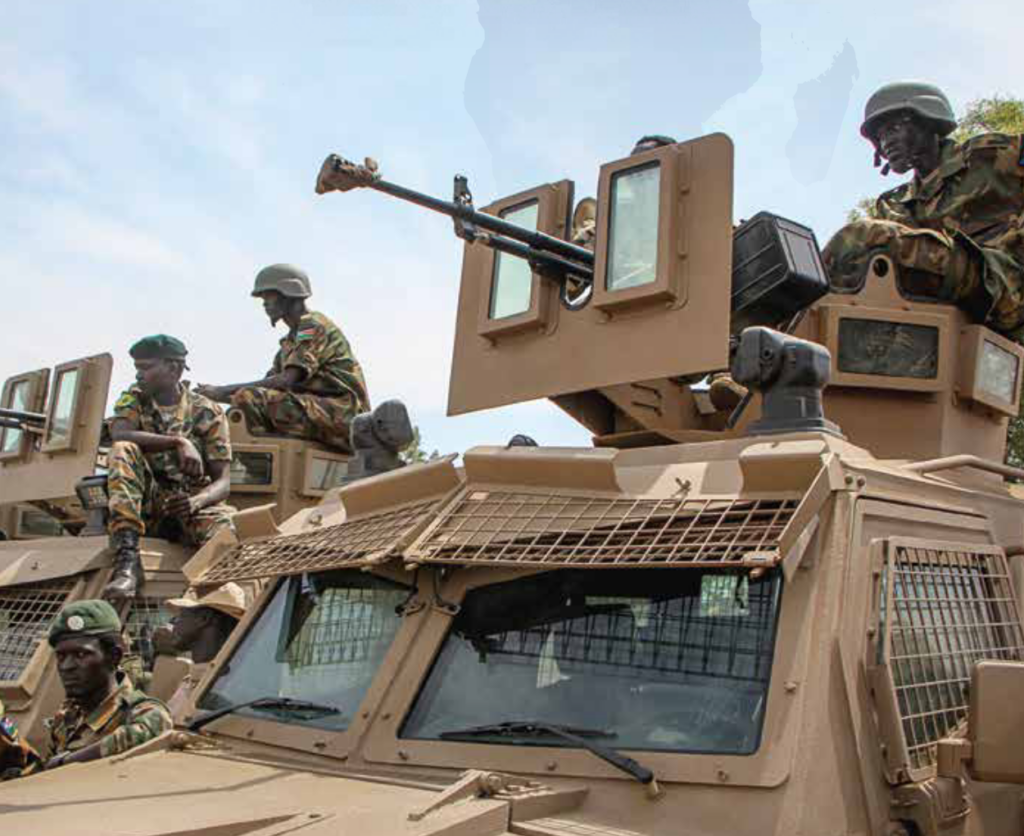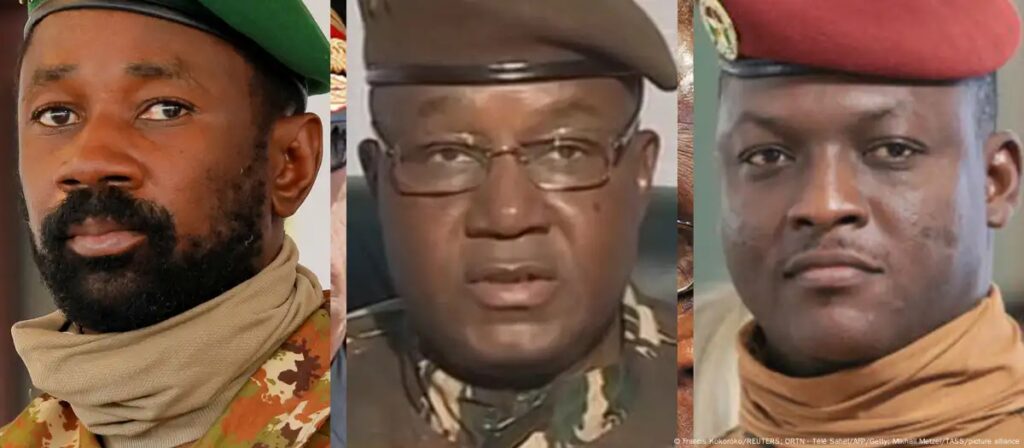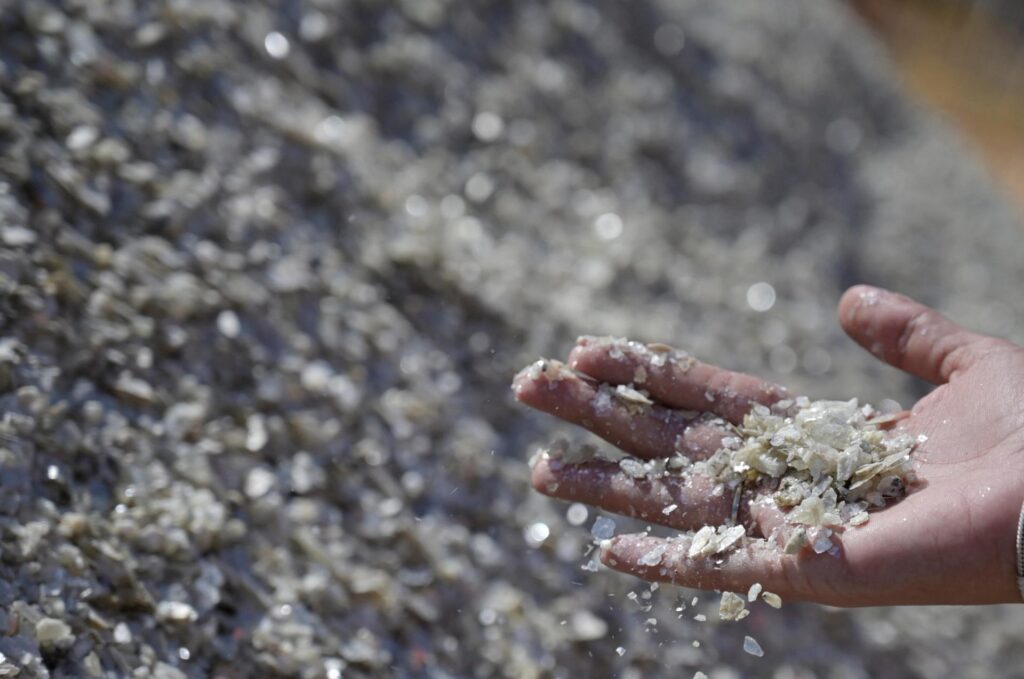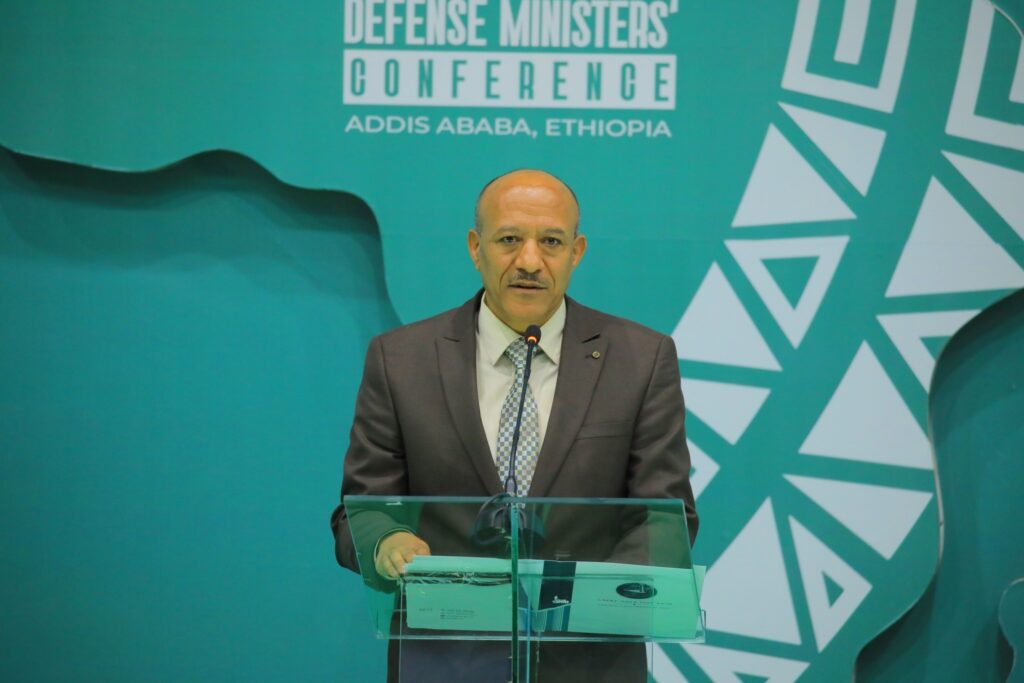Benin–Niger border closure drives surge in migrant smuggling profits.
When Niger’s democratically elected President Mohamed Bazoum was overthrown in a July 2023 coup, the Economic Community of West African States (ECOWAS) moved within days to impose punitive measures that it hoped would force a return to constitutional order. This included financial sanctions on Niger and the closure of all member states’ borders with the country.1 The bridge over the Niger River, linking the Beninese city of Malanville and the city of Gaya in Niger – a key transit point for migrants and both licit and illicit trade – was therefore officially closed.




